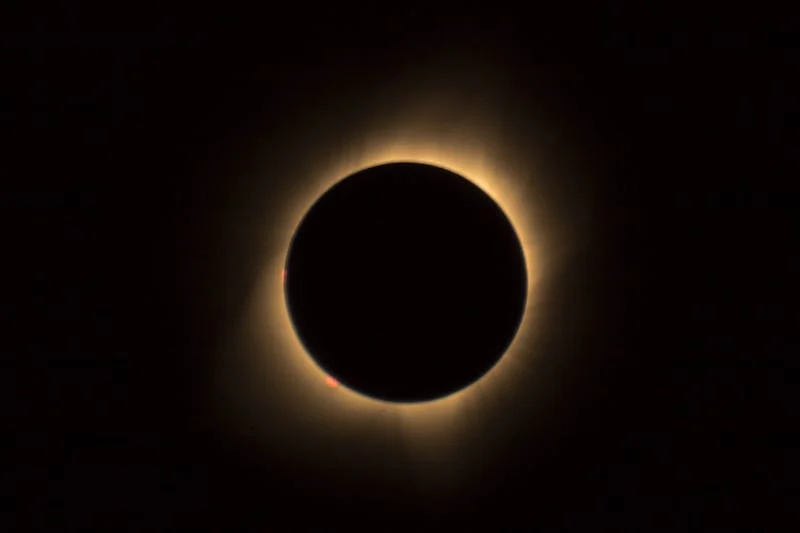
25 Mar Solar Eclipse Raises Risk of Fatal Traffic Accidents
MedicalResearch.com Interview with:
Donald A. Redelmeier, MD, MS(HSR);
Canada Research Chair
Medical Decision Sciences
Professor of Medicine
University of Toronto
MedicalResearch.com: What is the background for this study?
Response: The arrival of a solar eclipse attracts substantial public attention and superstitions about supernatural forces. We wondered whether the risk of solar retinopathy might not be the only health hazard since the celestial event leads to increases in driving and potentially increases in traffic deaths.
MedicalResearch.com: What are the main findings?
Response: We found traffic risks were 31% higher around the time of the eclipse. The total effect was 46 extra deaths linked to the eclipse. Using averages, this was 1 extra crash-involved person every 25 minutes and 1 extra death every 95 minutes. The risks occurred not on the exact moment of totality but during hours before and after.
MedicalResearch.com: What should readers take away from your report?
Response: We recommend the standard safety strategies. These include respecting speed limits, minimizing distractions, signaling turns, wearing a seatbelt, allowing ample headway, and never driving when impaired. More awareness of traffic risks might inspire a safer experience for us all every day.
MedicalResearch.com: What recommendations do you have for future research as a results of this study?
Response: A solar eclipse is rare event whereas driving is a daily regularity that receives much less attention despite adding to avoidable deaths. Almost all these deaths can be prevented at no financial cost by small changes in behavior, policy, community awareness, and safer systems.
MedicalResearch.com: Is there anything else you would like to add? Any disclosures?
Response: Few crashes were exactly on the path of totality and the majority were, instead, 2-4 hours driving distances away. Evening hours had high crash counts and also the highest increase with the eclipse. The single hour with greatest absolute counts was 6 PM and 7 PM that showed a doubling of risk with the eclipse.
Citation: Redelmeier DA, Staples JA. Fatal Traffic Risks With a Total Solar Eclipse in the US. JAMA Intern Med. Published online March 25, 2024. doi:10.1001/jamainternmed.2023.5234
The information on MedicalResearch.com is provided for educational purposes only, and is in no way intended to diagnose, cure, or treat any medical or other condition. Always seek the advice of your physician or other qualified health and ask your doctor any questions you may have regarding a medical condition. In addition to all other limitations and disclaimers in this agreement, service provider and its third party providers disclaim any liability or loss in connection with the content provided on this website.
Last Updated on March 25, 2024 by Marie Benz MD FAAD
